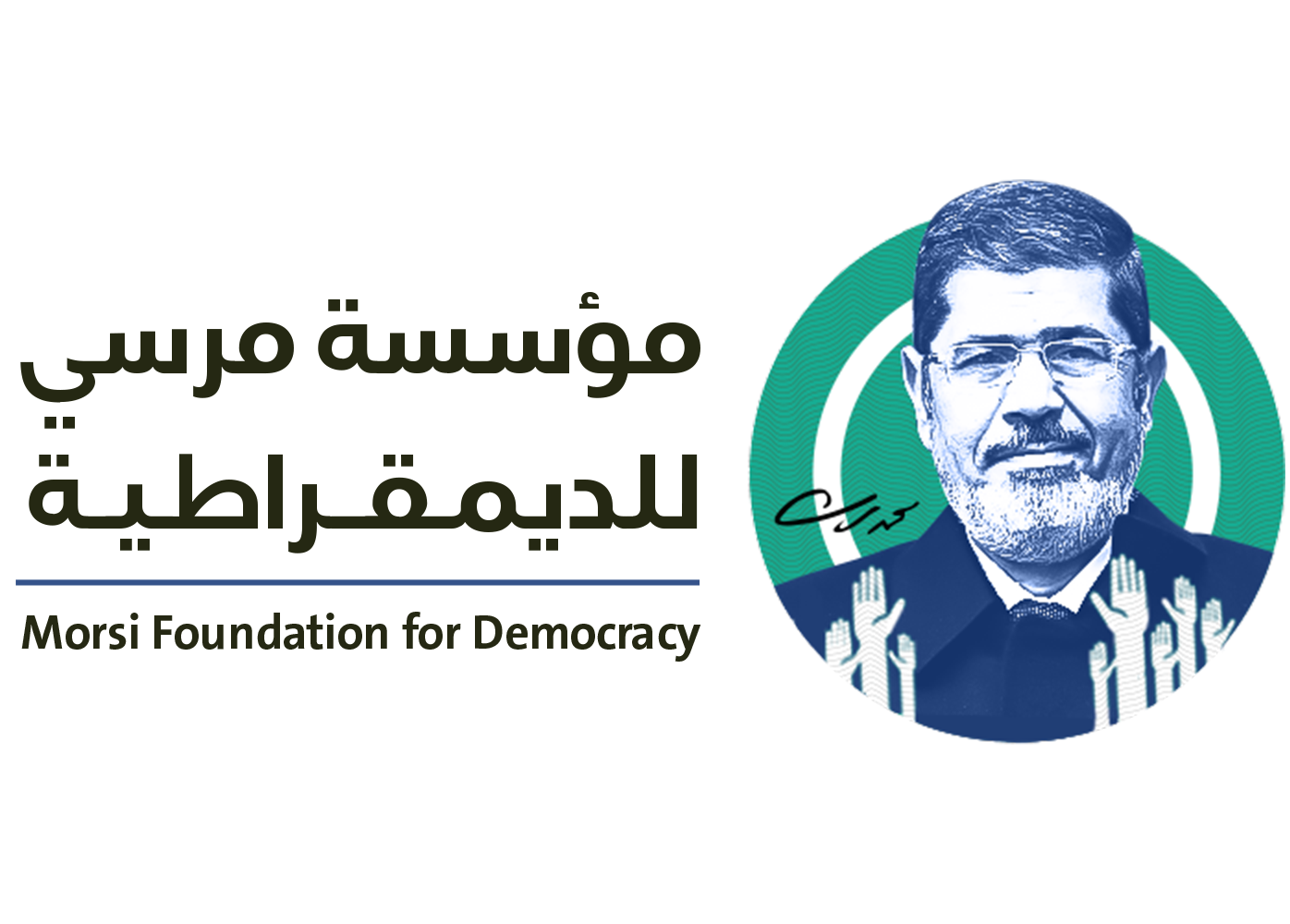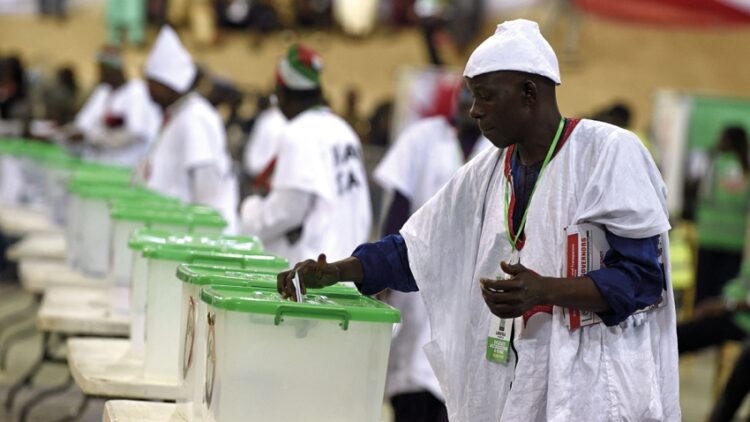LAGOS : First-time voter Amanda Iheme has made up her mind on her choice for Nigeria’s next president – and it won’t be a candidate from the two main political parties.
Like many younger Nigerians, the 30-year-old clinical psychologist sat out previous elections because she thought the candidates were out of touch and assumed the vote would be rigged.
She was tired of facing the same choice year after year, between two rich men who had been in politics for longer than she has been alive.
On Saturday, that choice is on the table again. But this time round there is a third contender who has been doing well in opinion polls and has made a point of trying to reach voters like Iheme looking for an alternative.
The two main candidates from established movements vying to succeed President Muhammadu Buhari are 70-year-old Bola Tinubu, of the governing All Progressives Congress, and 76-year-old Atiku Abubakar, for the main opposition People’s Democratic Party.
“I don’t wanna vote for either of them, but we have Peter Obi who … is a sign of hope for many of us,” Ihema said.
Voter turnout among the under-35s was just 46per cent in the last election in 2019, a jolting figure in a country where people that age make up more than two-thirds of the population.
That could be about to change. A poll last week commissioned by Nigerian civil society group the Anap Foundation found that 82per cent of under 35-year-olds said they would definitely vote this year.
The electoral commission has added more than 9.5 million new names to the voter register – three-quarters of them below the age of 35.
For Iheme, it was not just the choice of a third candidate that made all the difference. She says the political weather started to shift with mass protests in 2020 against endemic police brutality.
That burst of activism forced the government to shut down one of the police force’s most notorious units, a concrete change.
“We are starting to realise that we do have some control over our voices and our vote,” she said during an interview at her one-bedroom apartment in Ebute Metta, a low-income Lagos neighbourhood dotted with rusting rooftops on the oceanfront.
Elections are slated for February 25.



